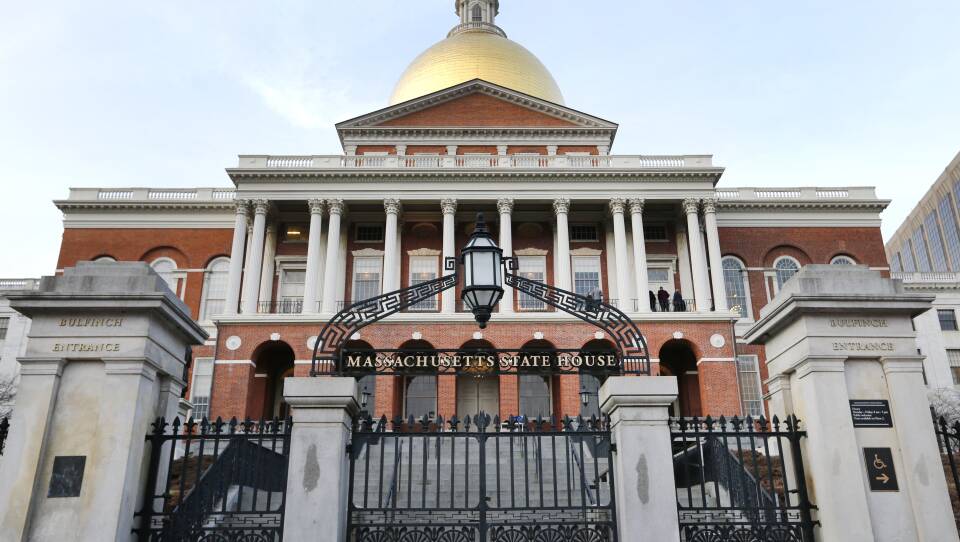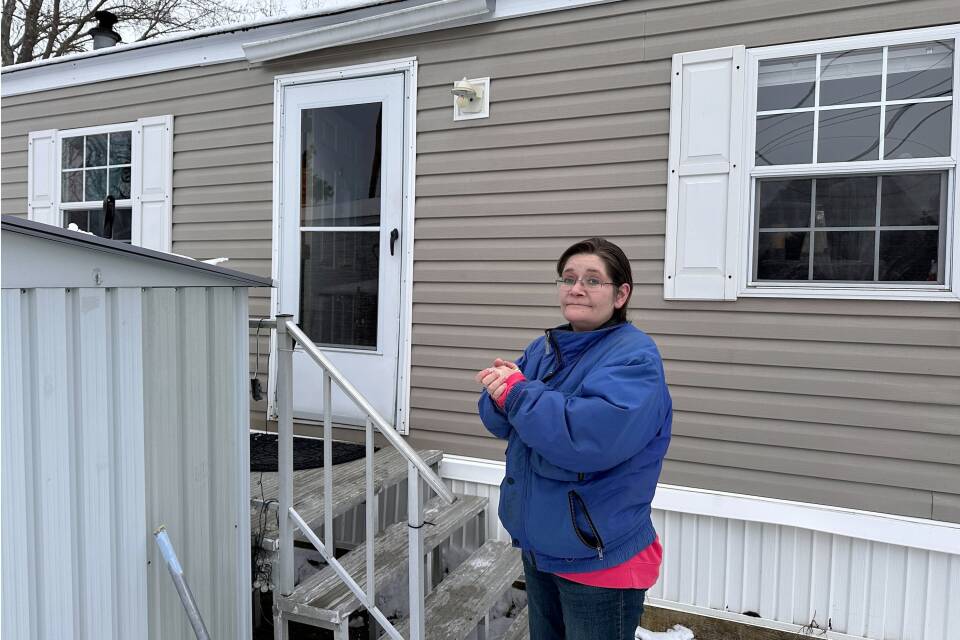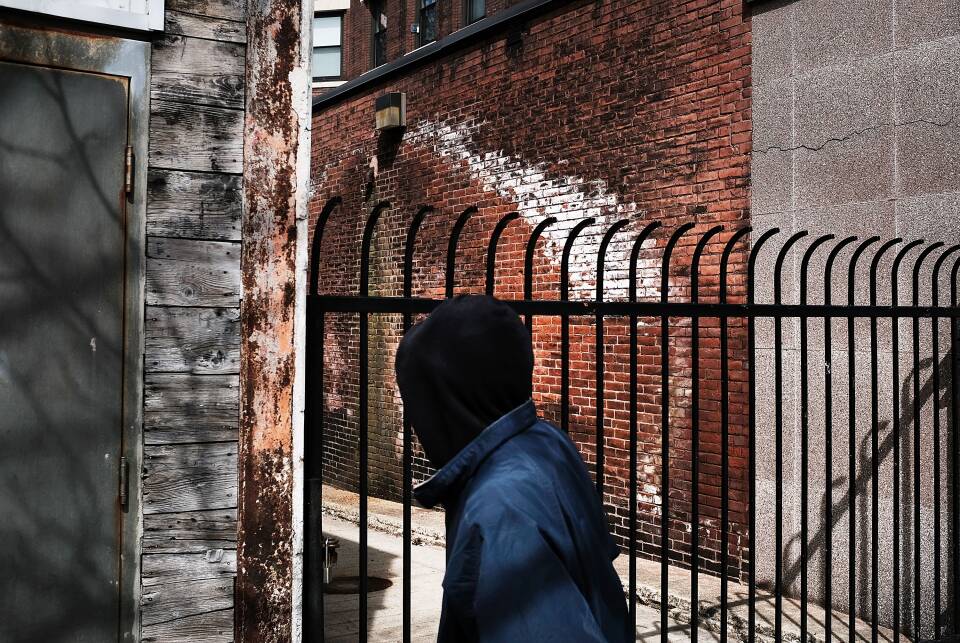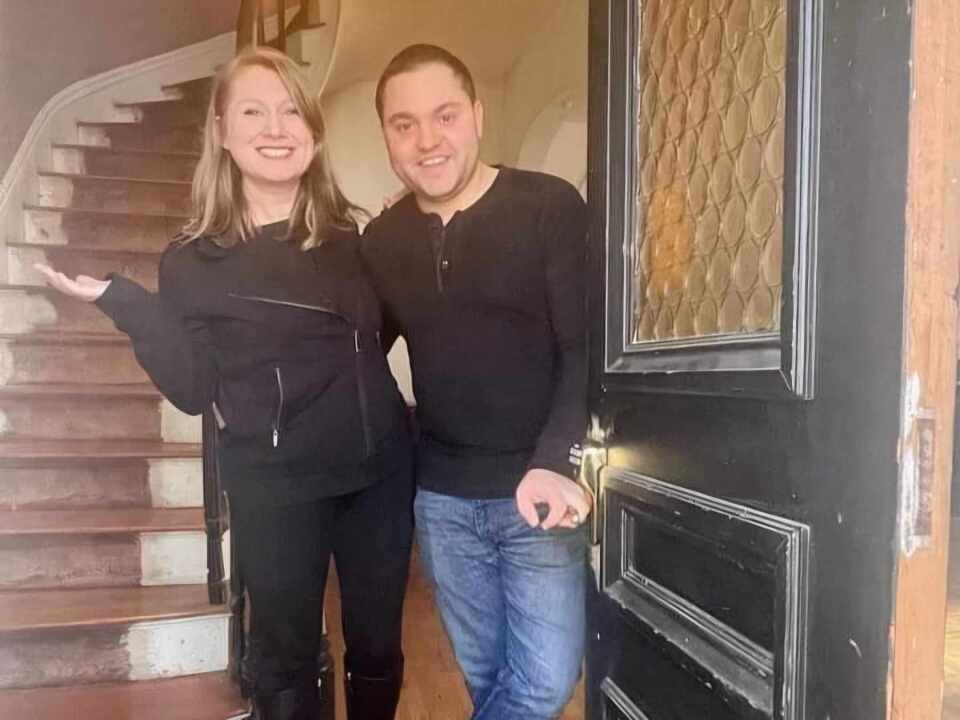Boston Mayor Michelle Wu spent about an hour Tuesday asking state lawmakers for the power to temporarily place a higher tax burden on commercial properties in the city. The change, Wu and measure supporters said, would shield residential properties and the people who live in them from seeing a surge in their property tax bills.
The proposal comes as Boston has faced falling commercial property tax values. If the trend continues as forecast without Boston being authorized to manipulate the tax rate, Wu said Tuesday that homeowners would see a 33% residential property tax increase to make up for the commercial value decline.
“We cannot afford to become an even more prohibitively expensive place to live,” Wu told the Joint Committee on Revenue linking the tax issue to the city’s housing affordability crisis. “A 33% spike in residential property taxes would be devastating not only for our residents, but for all our businesses who rely on our residents as customers, clients and employees.”
Boston relies heavily on property taxes, collecting about a third of its revenue from commercial properties. This makes the city particularly vulnerable when facing a decline in office building value.
Even though Wu and the Boston City Council have passed the controversial measure, state lawmakers and Gov. Maura Healey still need to approve the move.
“Our proposal would give the city the tools we need to protect residential taxpayers and keep all of our residents, homeowners and renters in their homes,” Wu said. “If the anticipated loss in value occurs, we would temporarily shift more of the property tax levy onto commercial and industrial owners by a slight bit, and then step that down over a period of time before returning to the current situation.”
The average property tax bill for a single-family home with a residential exemption in Boston is $5,522, according to a city official who testified alongside Wu. Without the Legislature approving Wu’s authorization request, it is estimated that bill would go up by nearly $1,000.
Boston has slightly over 3,400 single family homes, around 30,000 multifamily homes, and 71,000 condominiums. If Wu’s tax plan passes, the estimated increase in residential property taxes would be limited, to a range between 3.5% to 9%, city officials estimated during Tuesday’s hearing.
Critics have argued the move would increase the commercial tax rate by 17% to 20%.
Wu defended the plan against fierce disapproval within the business community which argues a heavier tax would harm the city’s commercial real estate sector, which has struggled to recover since 2020 when pandemic shifted work patterns away from office buildings and toward remote work. She cited a similar authorization sought by then-Mayor Thomas Menino during a 2004 economic downturn to bolster her argument.
Opponents with the Greater Boston Real Estate Board countered that the situation two decades ago was prompted by a temporary downturn, which required a temporary solution. “In 2024, Boston needs to adjust to the new and durable reality of lower office values due to hybrid and remote work,” said Greg Vassil, GBREB CEO in written testimony.
“In the past, when Boston’s financial footing has been unsure, commercial property owners have helped the city navigate the trouble. But right now, they are not well-positioned to bear such a disproportionate burden of city spending,” Vassil wrote.
The Boston Municipal Research Bureau, the good governance organization that evaluates major city policy proposals, offered alternatives to Wu’s tax plan through a May report.
Boston sets its tax rates in five-year cycles. If passed, the tax alteration measure would allow Boston to manipulate its own tax levy as soon as 2025 and as late as 2031, depending on when adjustments are initiated.








